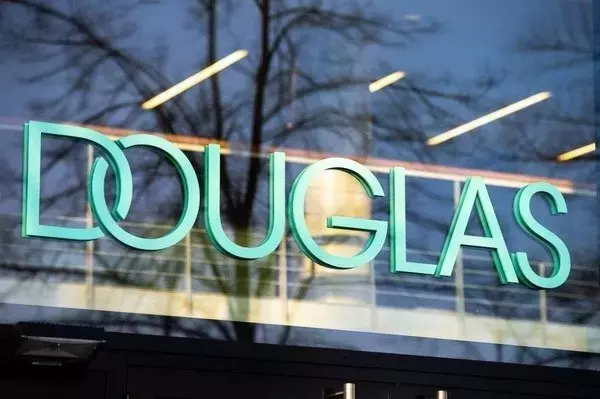
In a recent financial update, the prominent German beauty retailer, Douglas, has announced that its first-quarter core profit fell short of analysts' expectations, leading to a significant 16% drop in stock prices. Known for offering high-end cosmetics brands such as Chanel and Dior, the company attributed this underperformance to intensified promotional activities and a decline in consumer demand. The company's adjusted EBITDA increased by only 1.5%, reaching €353.5 million, which was below the market's projected figure of €371.1 million. Douglas now anticipates hitting the lower end of its forecasted range for the 2024/25 fiscal year. Factors contributing to this downturn include softer sales in key markets like Germany and France, a late Black Friday, and diminished holiday sales momentum in December.
Douglas Encounters Financial Hurdles During Crucial Sales Period
In the heart of a traditionally bustling shopping season, Douglas faced several challenges that affected its performance. This period typically includes major retail events such as Singles’ Day, Black Friday, and Christmas. However, store sales in Germany and France were notably weaker, and the delayed timing of Black Friday further dampened results. These factors combined led to a less favorable financial outcome for the quarter. Shares plummeted by over 15%, marking the worst trading day since the company’s listing in March 2024. Highly leveraged, Douglas is concentrating on reducing its debt burden and has indicated no immediate plans to reinstate dividends.
From a journalist's perspective, Douglas’s experience highlights the shifting dynamics within the European beauty market. As consumers become more cautious with their spending on prestige cosmetics and personal care products, retailers must carefully balance aggressive promotions with maintaining brand value. Douglas will need to navigate these challenges while working towards regaining momentum in its core markets. The situation underscores the importance of adapting strategies to align with evolving consumer behaviors and economic conditions.
